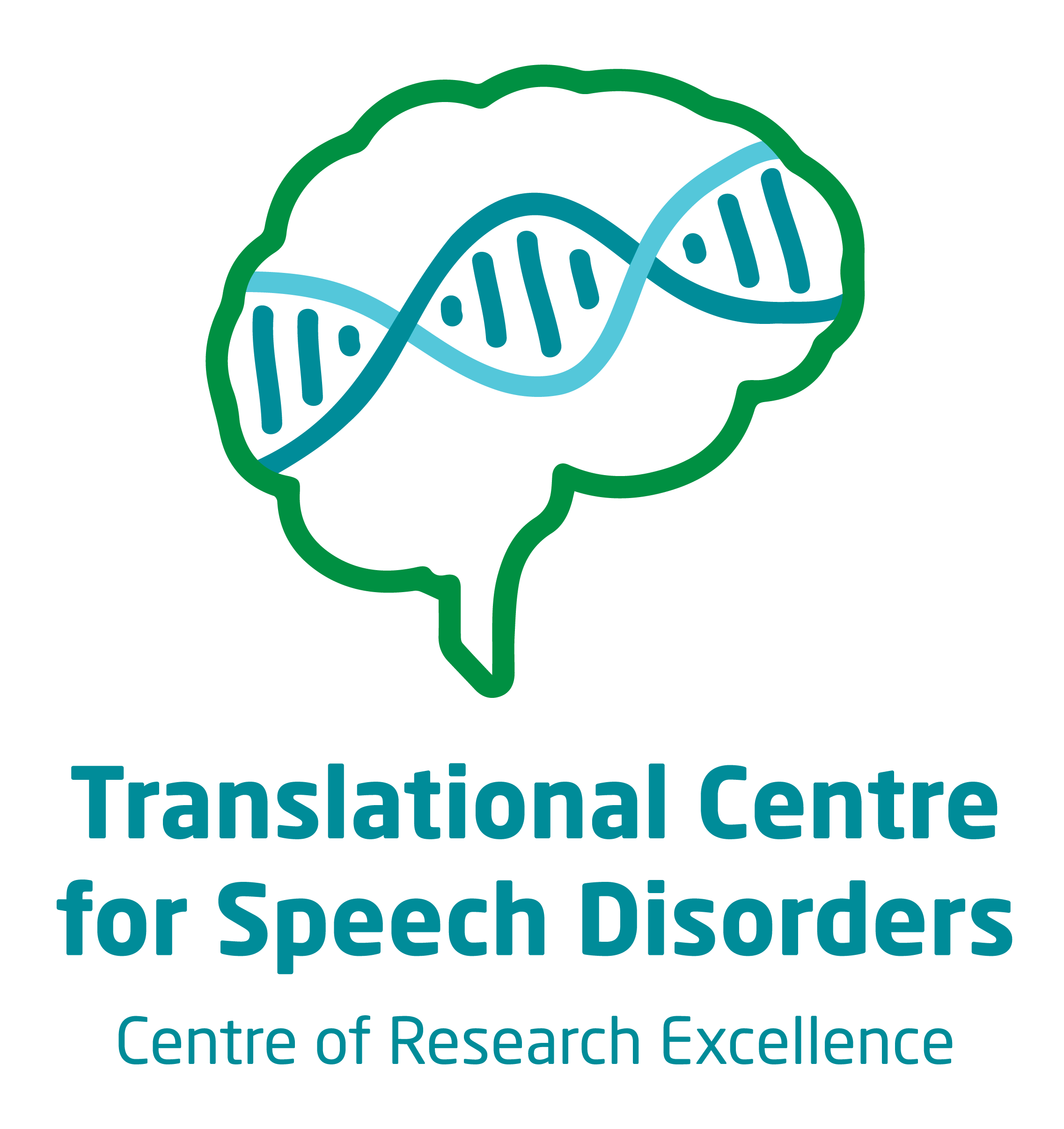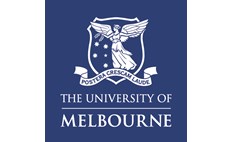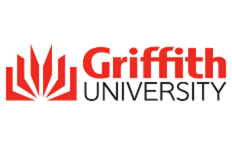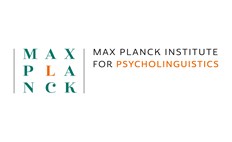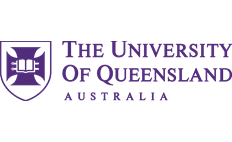Interested in studying a PhD examining speech and language phenotypes of Ataxia Telangiectasia (A-T) in children?
- Published
- Thursday, February 15, 2024 - 12:00 PM
Ataxia Telangiectasia (A-T) is a genetic neurodegenerative condition, which causes increasingly severe disability and premature death. Children are born apparently healthy but from around two years old their balance and coordination deteriorate, and they are often described as ‘wobbly’ or ‘clumsy’. Most children with A-T require the regular use of a wheelchair before their teenage years and as time progresses, need full-time care. Children will often have problems reading and speaking but their minds are unaffected. The condition also affects the immune system, leading to frequent chest and lung infections and a high risk of leukaemia and other cancers. Currently there is no cure and children with A-T are there is a high risk of early morbidity. The impact of A-T on individuals and families is devastating. One in 200 people unknowingly carries the A-T gene.
Opportunity:
We currently have an exiting PhD opportunity to examine speech and language phenotypes at the Ataxia Telangiectasia (A-T) clinic at the Queensland Children’s Hospital which is led by Prof. David Coman.
Application Instructions:
This opportunity is open to domestic and international applicants. Applications close in July 2024. To be considered, applicants must submit the following to david.coman@health.qld.gov.au.
• A cover letter addressing the essential and desirable criteria and outlining relevant experience
• Curriculum vitae
• The names of one personal and one professional referee
Essential criteria:
Degree in Speech Pathology, Psychology or related discipline; High academic marks that would meet the essential and desirable criteria for enrolment at the University of Queensland; Applicants with a non-English speaking background must also satisfy the English language requirements for entry into a graduate research program at the University of Queensland.
Desirable: Experience in Speech Pathology, Psychology or related discipline or equivalent clinical experience.
For more information, please see flyer.
Funding is provided by the National Health and Medical Research Council (NHMRC) Centre of Research Excellence – Translational Centre for Speech Disorders.

